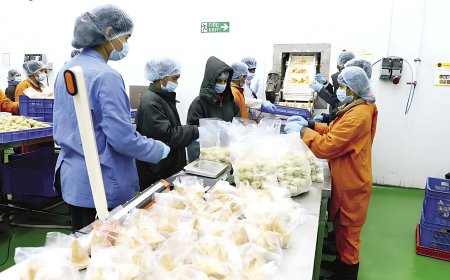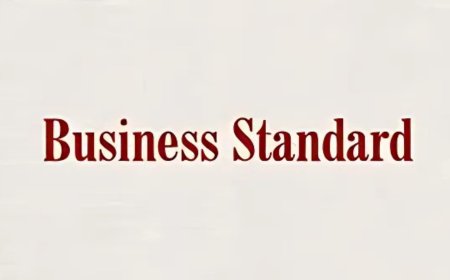ITC, VST Industries, Varun Beverages Shares Decline on Additional Sin Goods Tax Concerns
Shares of ITC, VST Industries, and Varun Beverages fell on Friday after reports of an additional levy on sin goods, adding to investor concerns over tobacco and beverage stocks.

Market Performance
ITC shares slipped 2.5% to ₹416.95 in early trade, down from the previous close of ₹415.85. The decline pulled the company’s market capitalization to ₹5.08 lakh crore.
Varun Beverages, the PepsiCo bottling partner, also lost nearly 2.5%, trading at ₹476.75 compared to the previous close of ₹498.45. The market capitalization of the firm stood at ₹1.61 lakh crore.
Tobacco maker VST Industries followed the trend, with its stock falling 2% to ₹268.20 on the BSE, reducing its market capitalization to ₹4,564 crore.
Policy Signals from CBIC
In an interview with Business Standard, Sanjay Kumar Agarwal, Chairman of the Central Board of Indirect Taxes and Customs (CBIC), stated that the government will continue to levy an additional tax on sin goods even after loans for the compensation cess are fully repaid.
This indicates that the higher tax burden on products like tobacco and carbonated beverages will remain a long-term measure rather than a temporary one.
A Double Blow for Sin Goods Stocks
This is the second consecutive setback for sin goods companies. Earlier this week, the GST Council approved a hike in tax rates on carbonated beverages to 40% from the current 28%. The announcement had already triggered a sell-off in the sector, and the prospect of an additional levy has further dented investor sentiment.
Investor Outlook
The combination of higher GST rates and new levies suggests that companies in the sin goods category may continue to face earnings pressure. While these products remain high in demand, increasing taxation could weigh on margins and limit growth prospects in the near term.
For investors, the immediate outlook for ITC, Varun Beverages, and VST Industries appears cautious as the government’s policy stance signals sustained regulatory pressure on the sector.
What's Your Reaction?
 Like
0
Like
0
 Dislike
0
Dislike
0
 Love
0
Love
0
 Funny
0
Funny
0
 Angry
0
Angry
0
 Sad
0
Sad
0
 Wow
0
Wow
0














































































